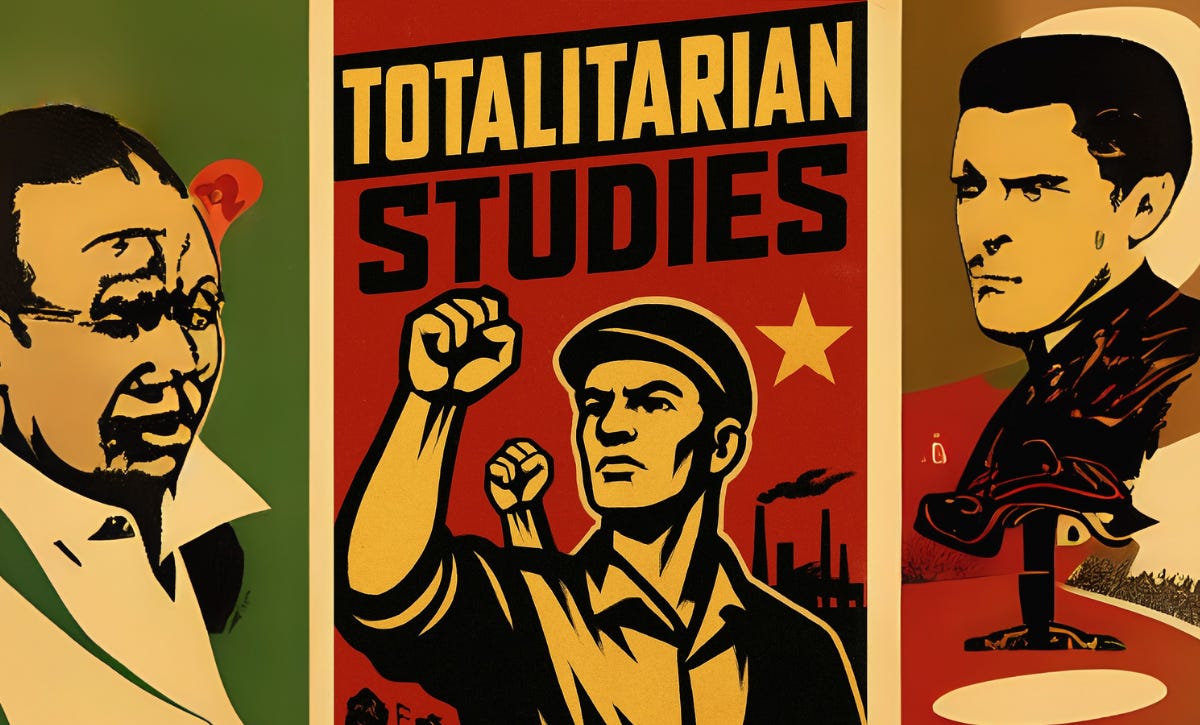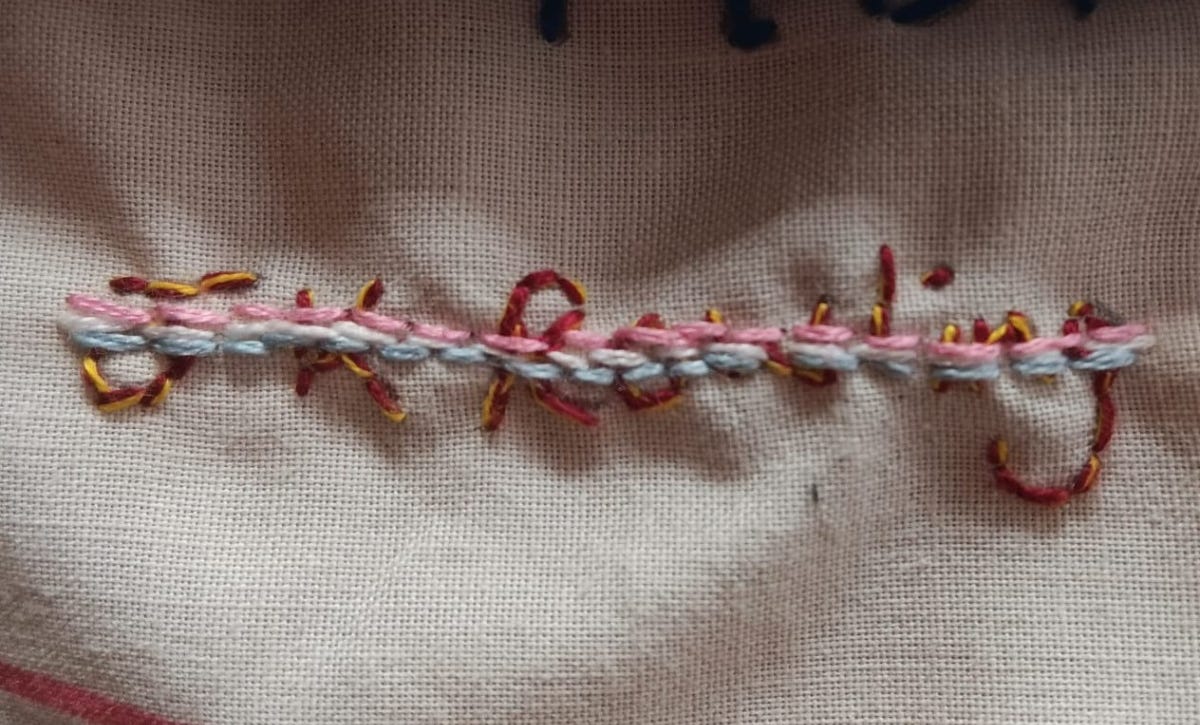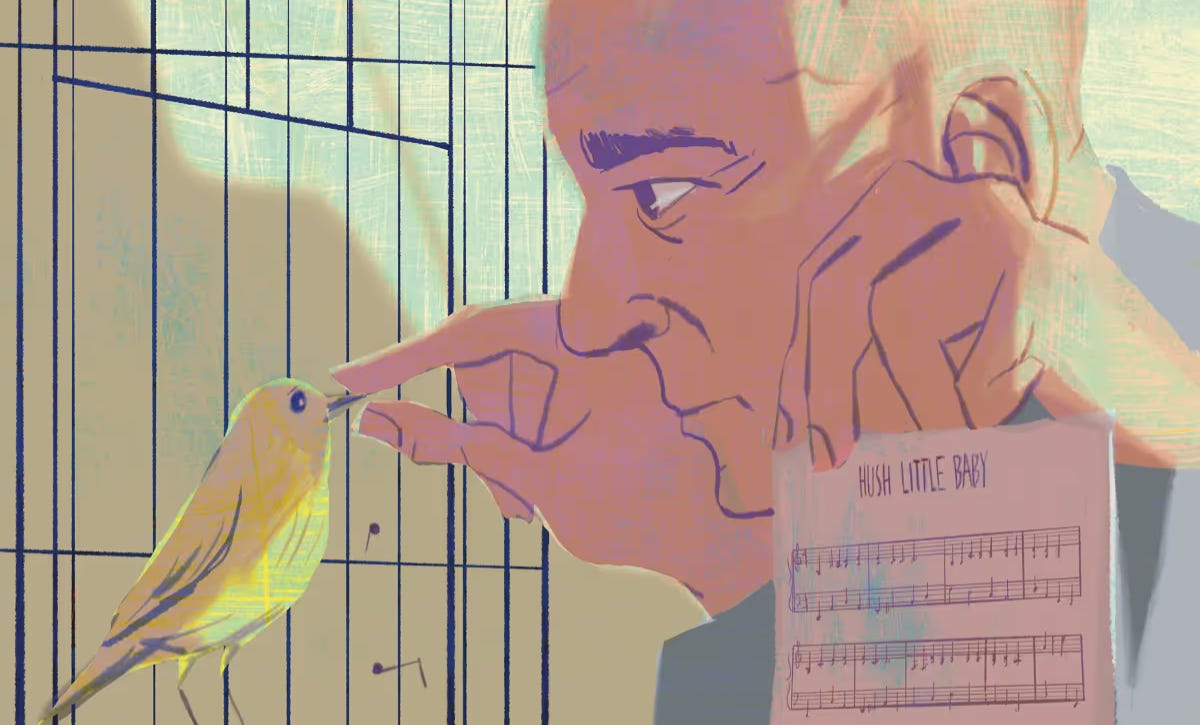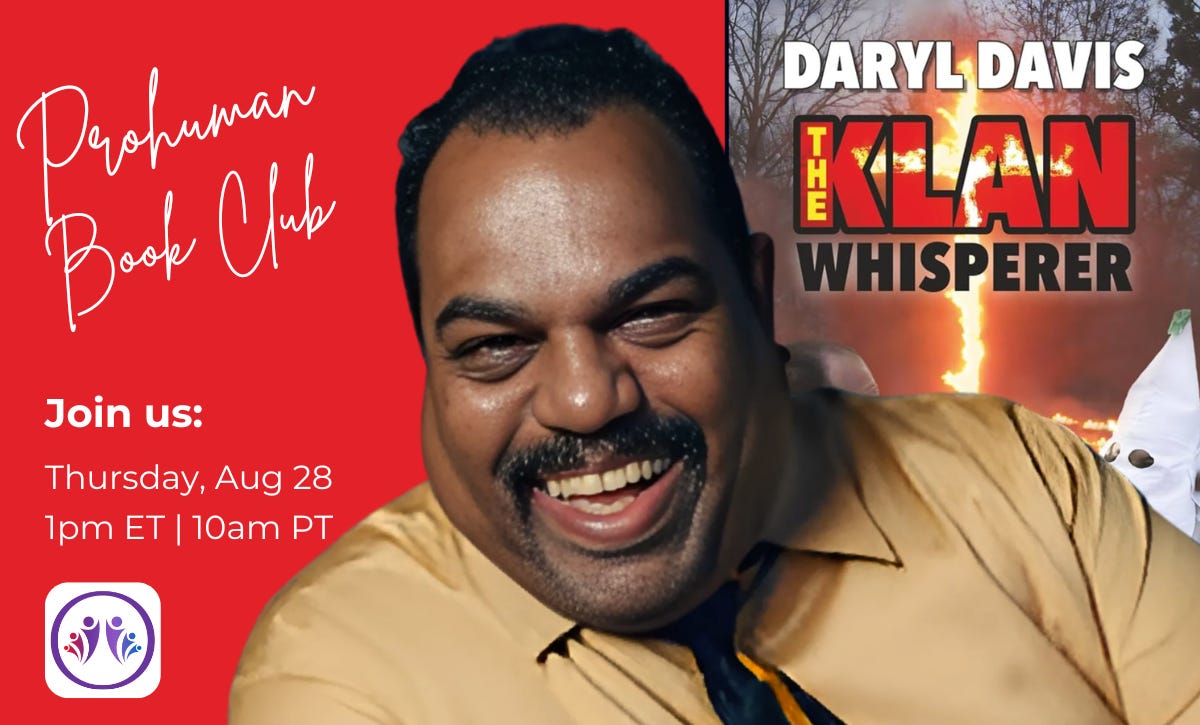Totalitarian Studies are Sorely Needed
Writing for his Substack, Prohuman Foundation advisor Michael Wade argues that the brutal history of communist regimes is under-taught in schools and sanitized in educational resources like Britannica Kids. Wade advocates teaching the atrocities of communist regimes, such as the Soviet purges, Chinese Cultural Revolution, and Cambodian genocide, through literature and film to warn students of the extreme hazards of utopian projects.
Consider the description of Communism given by Britannica Kids, a publication of the Encyclopedia Britannica. Communism is framed as a rather benign system for sharing burdens and preventing poverty.
Its lengthy record of slaughter and oppression is neatly scrubbed.
Classes in Totalitarian Studies could explore the mindsets of ruthless totalitarian regimes and how monstrous things have been done by idealistic people striving to create and impose a utopia.
Against the new witch-hunt in the arts: Art, if it means anything, must be more than propaganda
Prohuman Foundation advisor Rosie Kay critiques conformity in Britain’s arts sector, where artists face mob-driven bullying for deviating from orthodoxy. Defending art that embraces complexity in The Critic, Kay discusses Layla Khoo, who was the target of unfair opprobrium after her participatory sewing installation became the site of discord.
A Virtuous Woman invited visitors to collectively reimagine a missing Elizabethan embroidery. People were encouraged to add their own stitches; words of value, names of women they admire, using donated, recycled fabric. It ran from April to November 2024. Over 800 names were added, including seven instances of J.K. Rowling.
Then things got complicated. Two people stitched Rowling’s name. Another participant stitched a line in trans pride colours through those names — a symbolic act of protest. Later, in two separate events, members of the Women’s Rights Network staged a protest and later on two independent women attended and physically cut out the protest stitches. The work was taken offline, covered up, and eventually removed by the National Trust. And the artist Khoo? She was branded both a transphobe and a traitor to her gender.
Merit, Identity, and the Rhetoric of Oppression
For Real Clear Politics, Prohuman Foundation advisor Erec Smith reflects on his congressional testimony at a hearing on DEI, arguing that the African American Rhetorical Tradition (AART) is being misused in modern social justice activism to perpetuate an oppressor-oppressed narrative. He suggests that this framing locks Black Americans into a victimhood identity, advocating instead for a shift toward empowerment and triumph.
The role of “victim” has become an archetype in America’s social justice narrative, and people of color – especially black people – are seen as the embodiment of that archetype. But it doesn’t have to be this way.
Who Runs the News? The Tug-of-War Between Shareholders and Journalists
Prohuman Foundation advisor Katherine Brodsky, in Skeptic Magazine, examines the tension between media owners like Jeff Bezos, who shifted The Washington Post’s Opinion section to prioritize free markets and personal liberties, and the journalistic ideal of balanced discourse. She argues that while partisan media may reflect historical norms, maintaining shared spaces for diverse viewpoints is crucial to preserve a common reality and intellectual honesty.
A research paper by Katherine Fink and Michael Schudson, published in 2014 in the journal Journalism called “The Rise of Contextual Journalism, 1950s–2000s,” found that on the front pages of The New York Times, The Washington Post, and the Milwaukee Journal Sentinel, conventional straight-news reports declined from 80–90 percent in 1955 to about 50 percent in 2003. Simultaneously, contextual reporting—stories providing analyses—increased from under 10 percent to about 40 percent during the same period. That is reflected in the increasingly authoritative attitude by journalists toward their making sense of the facts—something that we’ve seen a lot of pushback against in the last five years as trust in media has dropped to a historic low, with Gallup’s 2024 survey showing that only 31 percent of Americans express “a great deal” or “a fair amount” of confidence that the media reports the news fully, accurately, and fairly.
Summer camp taught me how to say goodbye. It also taught me how to never forget.
Seth Cohen, for his own Notes From An Optimistic Tribe, draws a lesson on life’s transitional moments from his experiences on “Changeover Day” leaving summer camp. He describes how these moments teach the emotional wisdom to honor endings with grace while carrying their meaning forward. He cites Jewish rituals like Havdalah to highlight the importance of pausing to embrace change in life’s in-between moments.
I didn’t know it at the time, but reflecting back on Changeover Day, I think it was one of the most important lessons I’ve ever learned: how to say goodbye in a way that honors what just happened, and how to carry it forward without trying to recreate it. Leaving camp, whenever you leave camp, sparks a particular kind of emotional intelligence. Not everything special gets to last forever, you realize, but that doesn’t make it any less meaningful. Most of all, you learn to mark the end of something transformative not by trying to hold on too tightly, but by noticing it, naming it, and moving through it with some kind of grace.
Daryl Davis with the Prohuman Book Club:
Prohuman Foundation co-founder Daryl Davis will join the Prohuman Book Club on Thursday, August 28, to discuss his new book The Klan Whisperer and share insights from his successful efforts unraveling hatred through constructive dialogue.
You won’t want to miss this! Book club members and guests can choose to read his book, watch his documentary, or prepare by viewing Daryl's TED Talk.
Opinions expressed in selected articles do not necessarily reflect those of the Prohuman Foundation. We value diverse perspectives that enrich our understanding of topics close to our mission: to promote the foundational truth that we are all unique individuals, united by our shared humanity.







